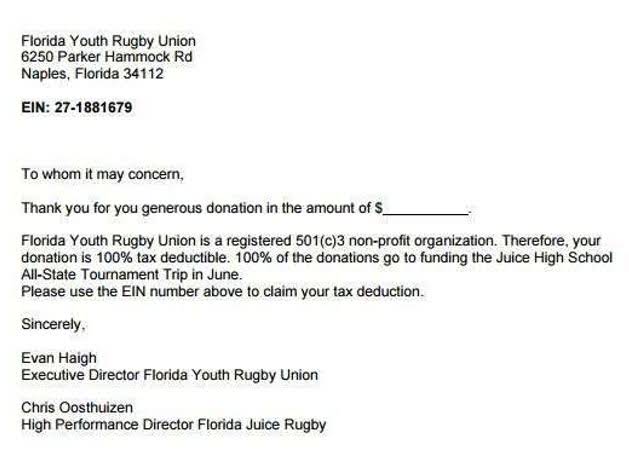Independent Contractors: Everything You Need to Know
June 15, 2024 3:27 am Leave your thoughts
Cash payments lack a paper trail, making it challenging to keep proper records and dig out evidence if a payment or taxation issue arises later. Read more about misclassification and the difference between hiring employees and independent contractors. Instead of a W-2, as an independent contractor, you’ll receive independent contractor accountant a 1099-MISC. You can use that information to double-check that you’re reporting all of your income earned through the year. There are a number of business deductions you can take as an independent contractor, including health insurance, home office deductions, mileage and deductions for your phone bill.
Credits & Deductions
Small business accountants have the knowledge to not only guide you through hidden deductions and pesky forms, they will also provide solid advice about planning and projections. If a worker is classified as an independent contractor, you aren’t required to do as much legwork. Independent contractors arrange and pay their own income tax quarterly, aren’t given any benefits, and aren’t eligible for things like unemployment insurance. The tax rules for independent contractors ensure that they’re paying an appropriate amount in taxes, based on their earnings.
Cons of Working for an Accounting Firm
Let’s say during the year you earn $40,000 as an independent contractor from working with two companies. You should receive a 1099-MISC from each company confirming how much they paid you during the year. You won’t know exactly how much tax you owe until you file your personal tax return at the end of the year. But you’ll want to spend time estimating this because if you underpay your estimated taxes, you could be subject to penalties. You’ll report self-employment taxes by filing Schedule SE with your personal tax return.
- And since QuickBooks’ parent company, Intuit, also owns TurboTax, QuickBooks Self-Employed is a solid pick for freelancers who typically use TurboTax to file.
- This simplifies the onboarding process and sets a standard for future engagements.
- Visiting our website, submitting any information via questionnaire or email, or discussing your legal matter or case with us does not create an attorney-client relationship.
- If you’re self-employed and are paying out of pocket for all your business expenses, it’s important that you keep records for and deduct as many of them as possible on your taxes.
- These regular payments cover your self-employment tax and your income tax liability for the year.
What happens if I misclassify an employee or independent contractor?
You can scan our guide to small business tax deductions for a more comprehensive list of deductible expenses, but here are a few call-outs for independent contractors. Freelancers, contract workers and self-employed people have to estimate how much they owe and pay taxes four times a year. Your personal income tax deadline as an independent contractor is the same as it is for employees. All personal income tax, filed with Form 1040, is due April 15 of each year. If April 15 falls on a weekend or a holiday, they are due the next business day.
It’s best to fill it out once, save it, and send it to your clients as they request it. Additionally, business cards can provide valuable perks such as rewards points, cashback, and expense tracking tools, enhancing financial management and the potential to help save money in the long run. Take your $100,000 in earnings and subtract $7,065 (half your $14,130 self-employment tax). Then, subtract $12,950 (the standard deduction for single taxpayers in 2022). Estimated tax payments are due on April 15, June 15, Sept. 15 and Jan. 15 (for the last quarter of the prior year).


As a 1099 employee, you are responsible for paying both the employer and employee portions of Social Security and Medicare taxes, which can be a financial burden. It’s essential to consider these costs when determining your service rates and to budget for these expenses to avoid unexpected tax liabilities. Independent contractors can take advantage of various tax deductions not available to employees.
Take the Next Step Toward Managing Your Finances and Being in Control

With the freedom to set your own schedule comes the responsibility to manage your time efficiently. Use productivity tools and techniques to stay organized, meet deadlines, and have a healthy work-life balance. A small business accountant tracks, records and analyzes the financial transactions of your business. They help translate numbers into statements that give you an overall picture of the health of your business. The type of relationship you have with the workers you hire also affects how they’re classified.
Employment Agreements and Independent Contractor Agreements
- The former factor test used by the IRS Section 530(a) of the Revenue Act of 1978 provided for companies to classify workers as independent contractors, even if meeting consideration for employment under the IRS eleven-factor test.
- If your state has income tax, you’ll also be required to file and pay your state income taxes.
- The current self-employment tax rate is 12.4% for Social Security and 2.9% for Medicare — a total of 15.3% just in self-employment tax.
- As with any industry, there are pros and cons of working for yourself as well as working as an employee.
- Many freelancers in a gig-centric economy transition to independent contractors who work on a contractual basis to provide goods or services.
- We’ve listed the regular price, but each plan is discounted during your initial subscription.
While larger companies often keep accountants on staff, small businesses typically contract with an accounting firm or independent accountant who offers the services they need. Your small business is booming, sales are strong and you’re on track for a record year. If you’re asking yourself these questions, it’s time to start working with a professional.

And let’s assume you’re single, have no other income and claim the standard deduction. For simplicity, we will ignore certain tax credits and deductions, such as the Qualified Business Income deduction. Figuring out exactly how much you owe in taxes can be challenging—especially if you’re new to working as an independent contractor.
- Unless your top priority is capitalizing on tax deductions and easily filing through TurboTax, QuickBooks Self-Employed isn’t the best pick for most freelancers.
- Below are the major steps involved if you’re wondering how to pay an independent contractor.
- Additionally, business cards can provide valuable perks such as rewards points, cashback, and expense tracking tools, enhancing financial management and the potential to help save money in the long run.
- You are required to comply with these laws, as noncompliance leads to penalties and fines.
- Retaining record of all payments received from clients is required by contractors under federal law.
Categorised in: Bookkeeping
This post was written by sa-admin
